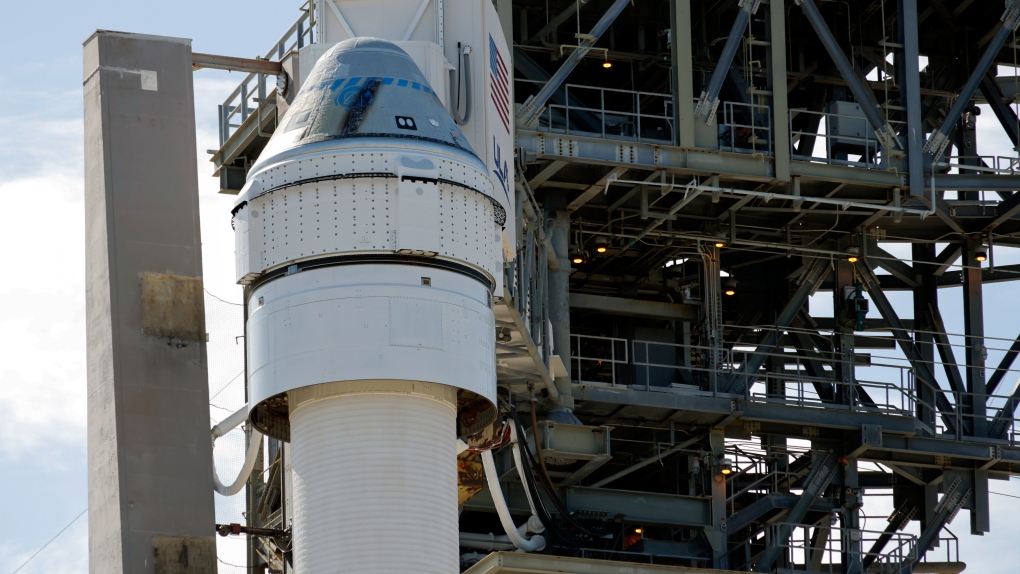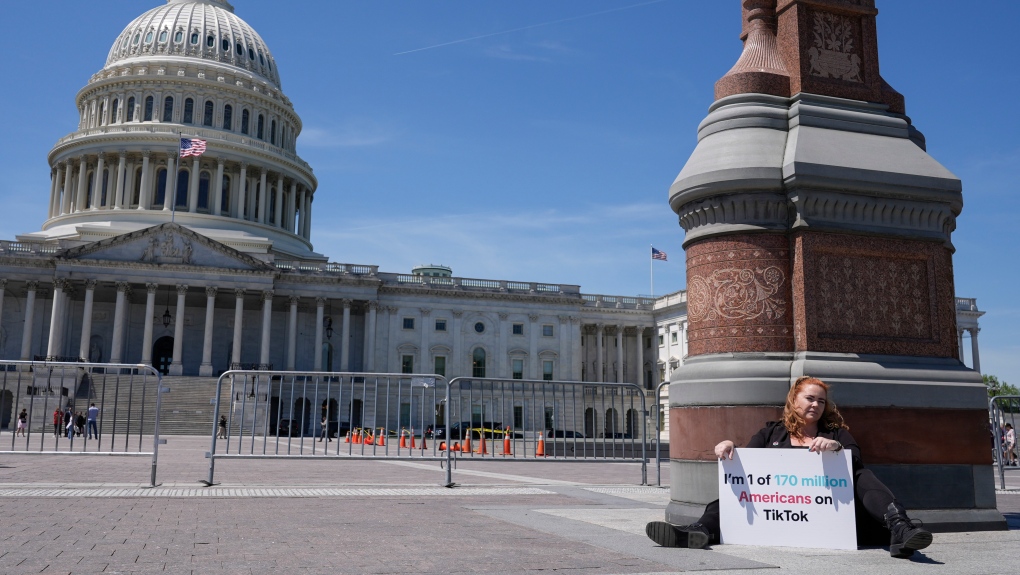It’s been roughly 66 million years since dinosaurs roamed the earth.
And when you see this fossil cast of a daspletosaurus in tight quarters – you wouldn’t want the gap between our times on this planet to be any closer.
“It’s impressive and it’s attractive for people to look at,” said Ryan Barker, a 13-year-old considering a future in paleontology, when asked by CTV News to describe the exhibit Tuesday. ““I think that it’s just quite dominating and interesting, and it attracts people’s attention, and puts possibly interest into earth sciences like paleontology and geology.”
The daspletosaurus is an older relative of the T-rex – perhaps the most famous and feared of the dinosaurs, featured in films like Jurassic Park.
There was no crying at UBC’s Pacific Museum of Earth on Tuesday, however, as kids in the university’s daycare program got a sneak peak ahead of the exhibit opening to the general public.
Just wide eyes – happy to take in these fearsome prehistoric predators.
“That’s what it should be about, right? They’ll be the next generation of paleontologists,” remarked Rod Bartlett, the fossil articulator who was among those building the 150-piece-plus fossil cast.
The exhibit is called Life at the Edge – and also explores the last days of the dinosaurs.
“A lot of us think that came about because of an asteroid, but really most of the damage done to the dinosaurs was because the asteroid threw up a big ash cloud, and actually caused a bit of a climate crisis for the dinosaurs, so I think that’s something that’s really relatable for a lot of us today,” noted Kitt Peacock, one of the exhibit’s organizers – drawing parallels to the climate change challenge our planet now faces.
The exhibit also features a smaller two-metre-long raptor – appearing to be pursued by the larger daspletosaurus.
“We’ve been waiting to get these skeletons in for quite a while,” said Kirsten Hodge, Pacific Museum of Earth director. “We’ve been planning the exhibit for just over a year. It’s the first tyrannosaur on UBC campus.”
The exhibit opens to the public July 2. Admission is on a donation basis so anyone can come to check it out at UBC’s Pacific Museum of Earth.



